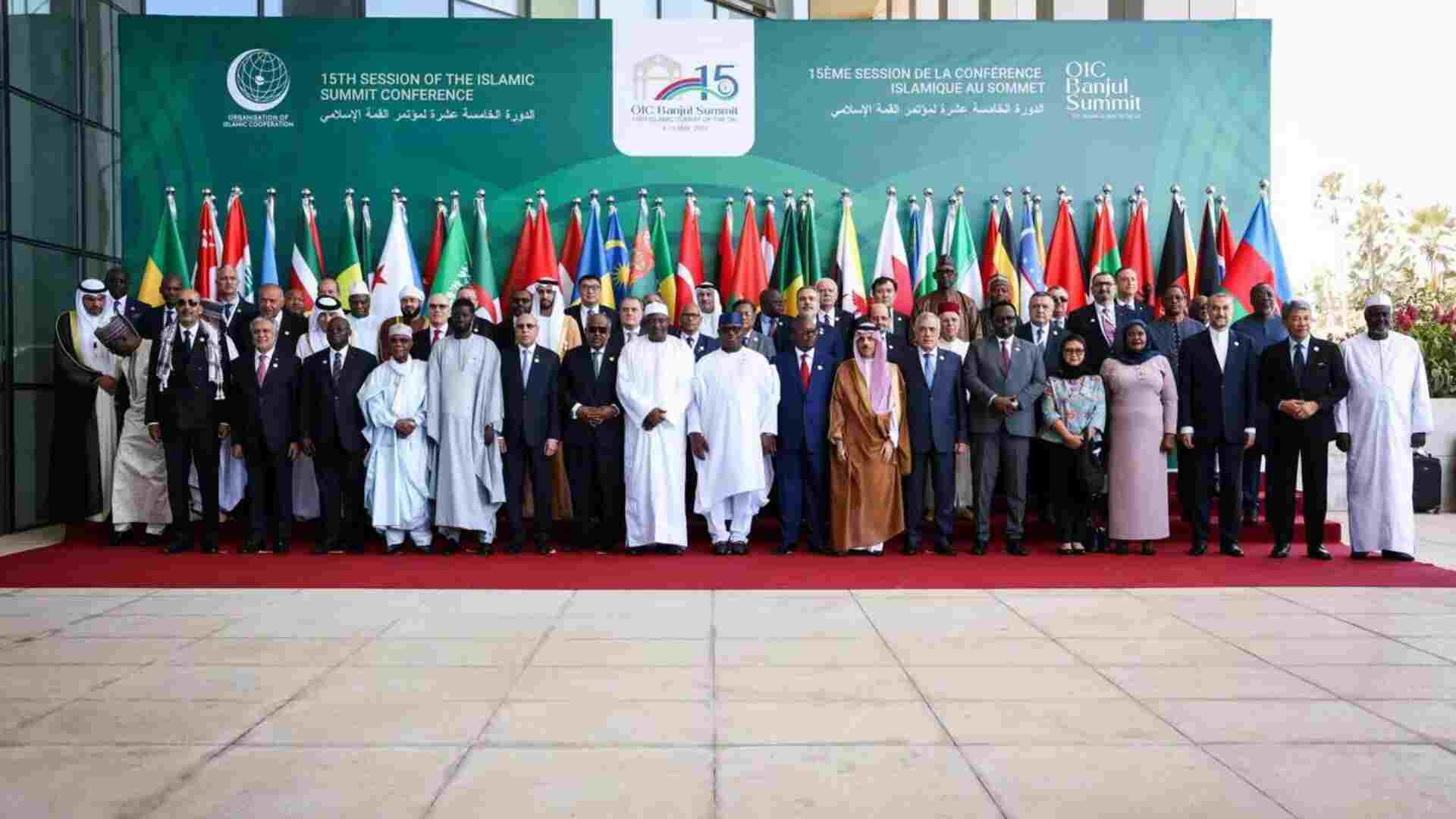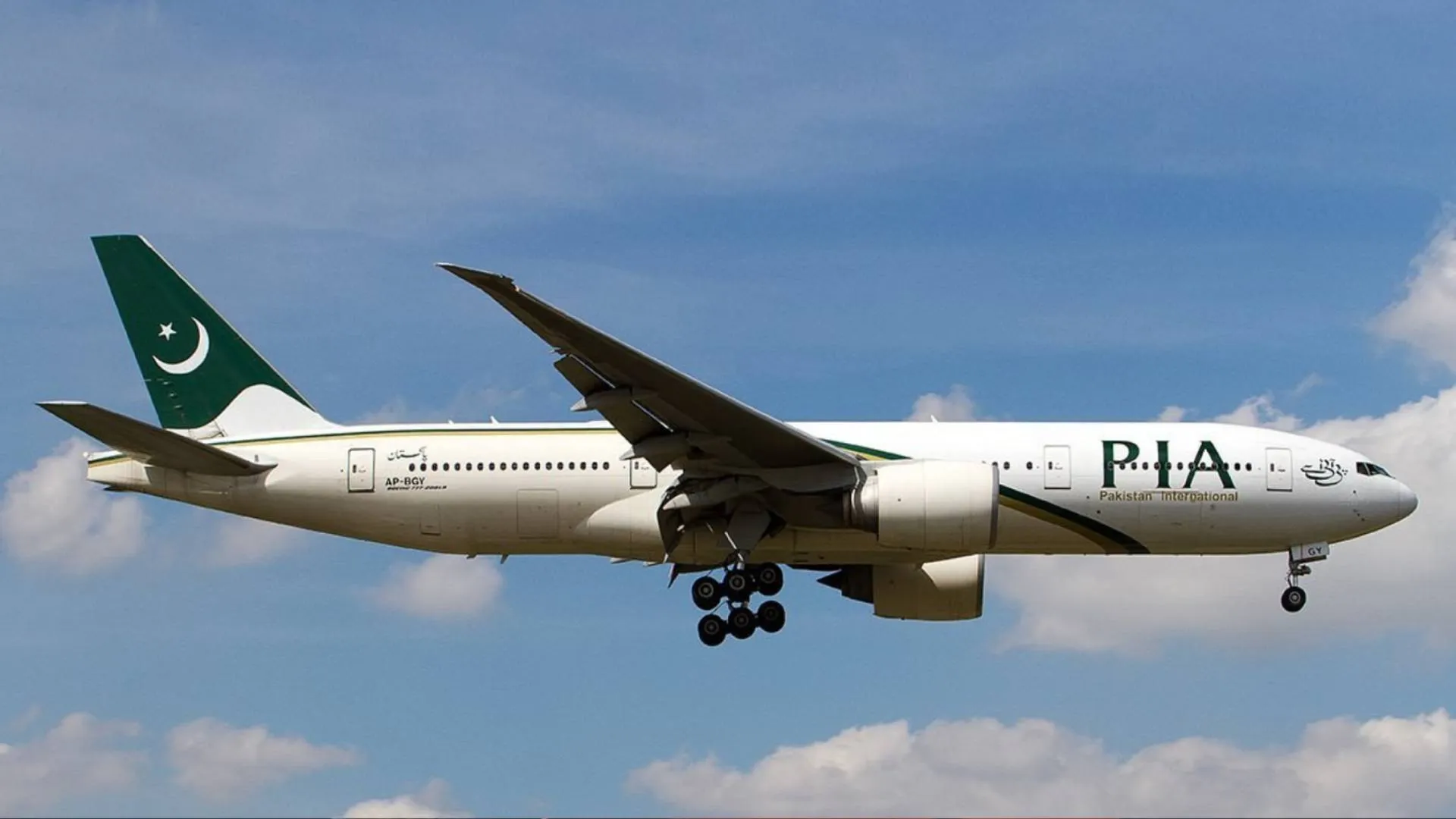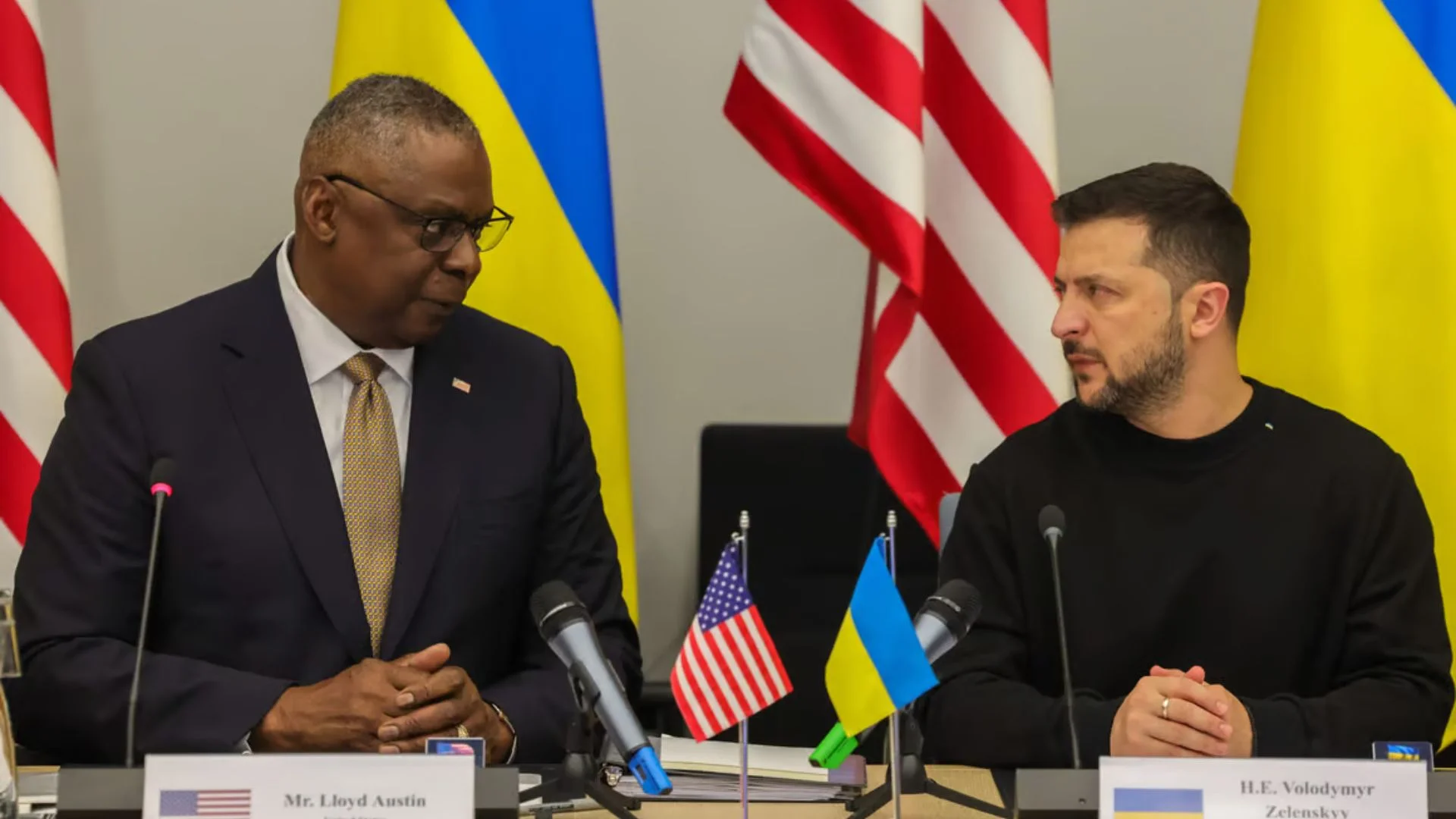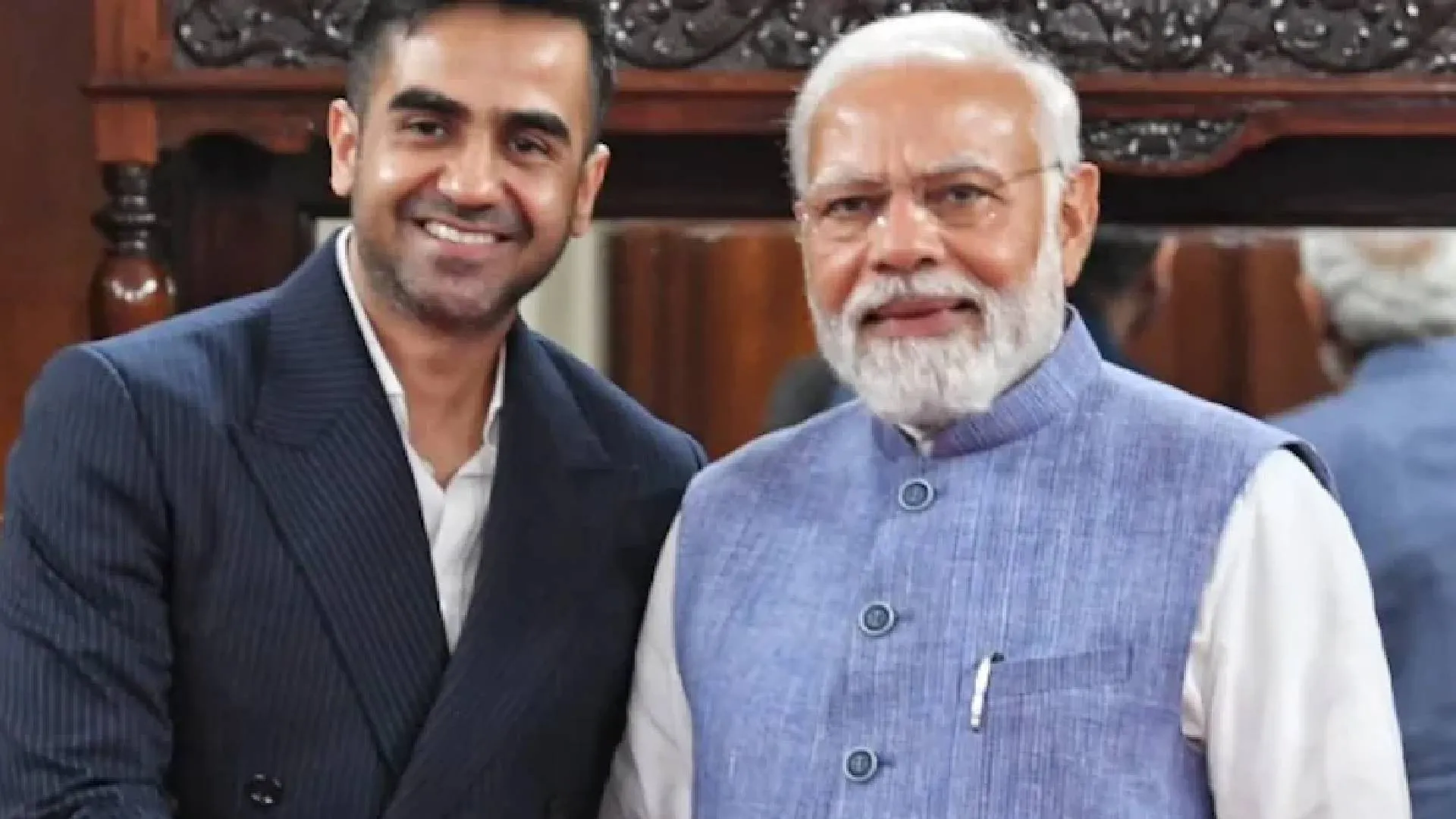During its 15th summit in Gambia, the Organisation of Islamic Cooperation (OIC) reaffirmed the significance of women’s employment and girls’ education in Afghanistan, amidst ongoing concerns over the Taliban’s suppression of basic rights for Afghan women.
As per Khaama Press, the resolution issued at the conclusion of the summit on Sunday (May 5) emphasizes the Organisation of Islamic Cooperation’s (OIC) backing for the protection and advancement of human rights for Afghan citizens. It specifically highlights the importance of promoting women’s employment and education.
This gathering notably included Abdul Qahar Balkhi, the spokesperson for the Taliban’s Ministry of Foreign Affairs. The OIC underscored the urgency of addressing the educational challenges confronting Afghan girls and urged increased engagement with the de facto government for solutions.
“It stresses the need for more efforts to address challenges related to ethnic groups, terrorism, narcotics, and social aspects for inclusive governance to achieve lasting stability,” the Summit’s final resolution stated, according to Khaama Press.
Earlier, Tariq Ali Bakhit, the OIC’s representative for Afghan affairs, held discussions with Mawlawi Kabir, the political deputy of the Taliban in Afghanistan, in his recent visit. Bakhit advocated for the reopening of schools and universities for girls, pledging the OIC’s readiness to support girls’ education in Afghanistan during the meeting.
For almost three years, girls in the country have been denied formal education, with the Taliban government disregarding both citizen concerns and international community demands on this issue. As the Taliban consolidates its authority in Afghanistan, the humanitarian situation has deteriorated significantly. With infrastructure in disrepair and essential services disrupted, millions face the threat of starvation and disease.
Amid security risks and logistical hurdles, humanitarian organizations grapple with delivering aid. The prohibition on girls’ schools following the Taliban’s assumption of power has resulted in a generation of girls being denied education, further entrenching cycles of poverty and inequality.






















